

Position: Former Research Scientist, NIWA. Currently Expedition leader Field: Atmospheric chemistry Dr Katja Riedel was a research scientist with NIWA and, at present, is based in Wellington. She ...
READ MORE

New Zealand has been inhabited by humans only relatively recently but, in the last 800 years, we have made a big impact on our environment, and have altered it biologically, chemically and ...
READ MORE
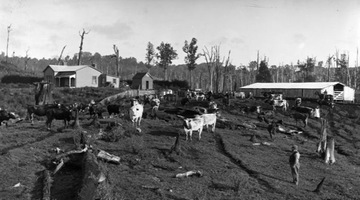
Since humans first arrived in New Zealand, we have had a significant impact on the environment – affecting and protecting the natural world around us. How have we left our mark on our land, our ...
READ MORE
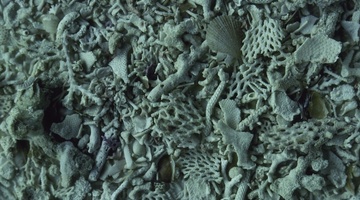
In this activity, students observe how chicken eggs can be used to simulate the potential effects of increasing ocean acidity on marine animals with calcium carbonate shells or skeletons, for ...
READ MORE

In this activity, students examine the role of heat as water changes from a solid to a liquid to a gas and back again. By the end of this activity, students should be able to: identify a logical ...
READ MORE
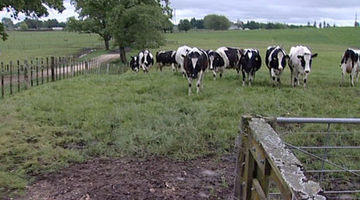
In this activity, students explore ethical issues related to farming and environmental pollution. They learn about the science involved and the range of perspectives among stakeholders. By the ...
READ MORE
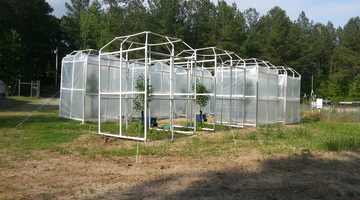
By comparing some features of fossilised plants with the same features of plants living today, scientists hope to be able to learn more about the effect of changing carbon dioxide (CO2) levels in ...
READ MORE
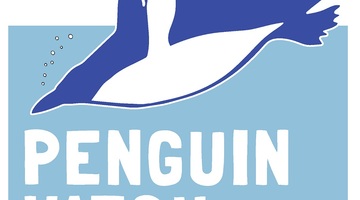
Help scientists establish valuable baseline data about the numbers, locations, habits and health of penguins in a range of Southern Ocean sites. This information will enable better understanding ...
READ MORE
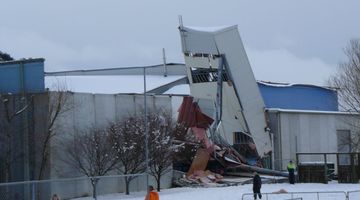
Large snow events in most parts of New Zealand are uncommon. However, if you are in the South Island or the central North Island, this citizen science project could be a great one for your ...
READ MORE
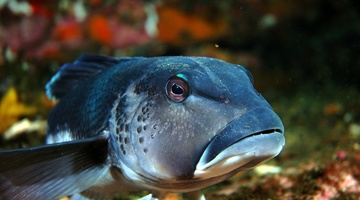
There are many marine classroom activities and resources on the Science Learning Hub useful for Seaweek 2015. This online PD session recorded on 19 February 2015 shows primary and secondary ...
READ MORE
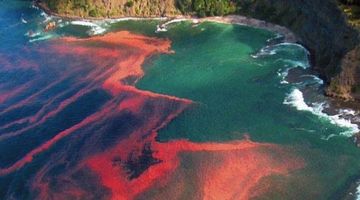
Seaweek is New Zealand’s annual national week about the sea. It is coordinated by the Sir Peter Blake Marine Education and Recreation Centre (MERC) and includes a wide range of events ...
READ MORE
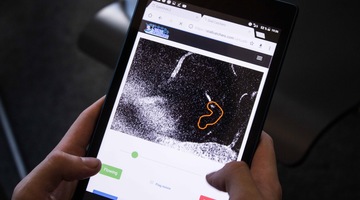
Games have long been used for developing both skills and knowledge in the education sector. As digital technologies continue to develop, the range of digital learning games also continues to ...
READ MORE
Professor Simon Kingham, from the University of Canterbury, discusses how air pollution can be made up of many components. The size and amount of particulates in the air can give a measure of the ...
READ MORE
ESR scientist Dr Wendy Williamson is developing a method for detecting viruses in the water. She is also monitoring waterways so that a standard for safe drinking water can be developed. The ...
READ MORE
Dr Adrian McDonald tells us why his research on the interaction between atmospheric dynamics, chemistry and climate is important for the development of climate models. Points of interest: Why do ...
READ MORE
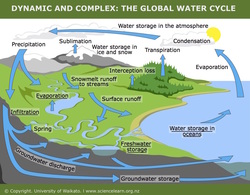
Water in the Earth system is influencing all aspects of life on Earth. Pathways, storage, transfers and transformations have an effect on the global climate and human welfare. Within this ...
READ MORE
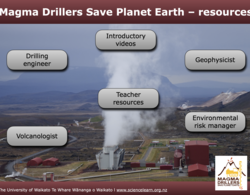
This interactive introduces and houses resources developed by Magma Drillers Save Planet Earth – a University of Canterbury project funded by Curious Minds. Select here to view the full ...
READ MORE

Discover information and hands-on activities about river catchments. Click on the labels for more information. Select here to view the full transcript and copyright information.
READ MORE